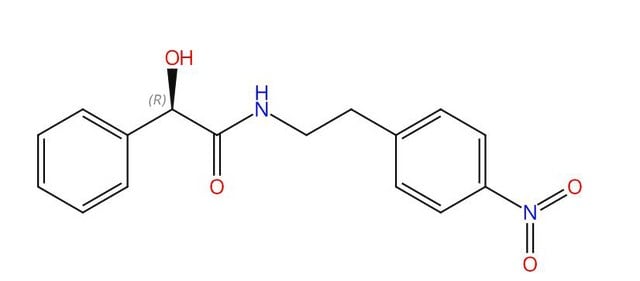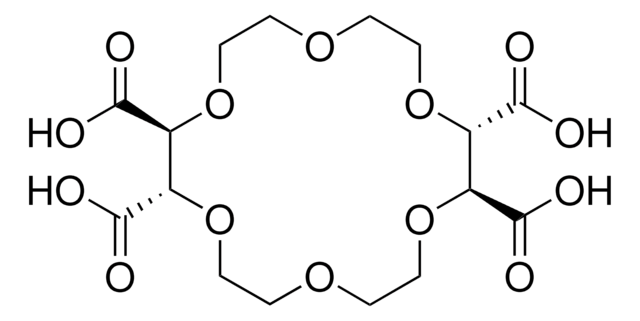M4812
Anti-Myosin Va (LF-18) antibody produced in rabbit

~0.4 mg/mL, affinity isolated antibody, buffered aqueous solution
Synonym(s):
Anti-GS1, Anti-MYH12, Anti-MYO5, Anti-MYR12
About This Item
Recommended Products
biological source
rabbit
Quality Level
conjugate
unconjugated
antibody form
affinity isolated antibody
antibody product type
primary antibodies
clone
polyclonal
form
buffered aqueous solution
mol wt
antigen 190 kDa
species reactivity
chicken, rat
enhanced validation
independent
Learn more about Antibody Enhanced Validation
concentration
~0.4 mg/mL
technique(s)
immunohistochemistry (formalin-fixed, paraffin-embedded sections): 1:200 using rat and chicken cerebellum sections
microarray: suitable
western blot: 1:1,000 using a rat brain extract
UniProt accession no.
shipped in
dry ice
storage temp.
−20°C
target post-translational modification
unmodified
Gene Information
human ... MYO5A(4644)
mouse ... Myo5a(17918)
rat ... Myo5a(25017)
Related Categories
General description
Immunogen
Application
- Western blot.
- In situ proximity ligation assay (PLA).
- Glutathione S-transferase (GST)-spinophilin co-sedimentation assay.
Biochem/physiol Actions
Physical form
Storage and Stability
Other Notes
Disclaimer
Not finding the right product?
Try our Product Selector Tool.
Storage Class Code
10 - Combustible liquids
WGK
nwg
Flash Point(F)
Not applicable
Flash Point(C)
Not applicable
Certificates of Analysis (COA)
Search for Certificates of Analysis (COA) by entering the products Lot/Batch Number. Lot and Batch Numbers can be found on a product’s label following the words ‘Lot’ or ‘Batch’.
Already Own This Product?
Find documentation for the products that you have recently purchased in the Document Library.
Our team of scientists has experience in all areas of research including Life Science, Material Science, Chemical Synthesis, Chromatography, Analytical and many others.
Contact Technical Service








